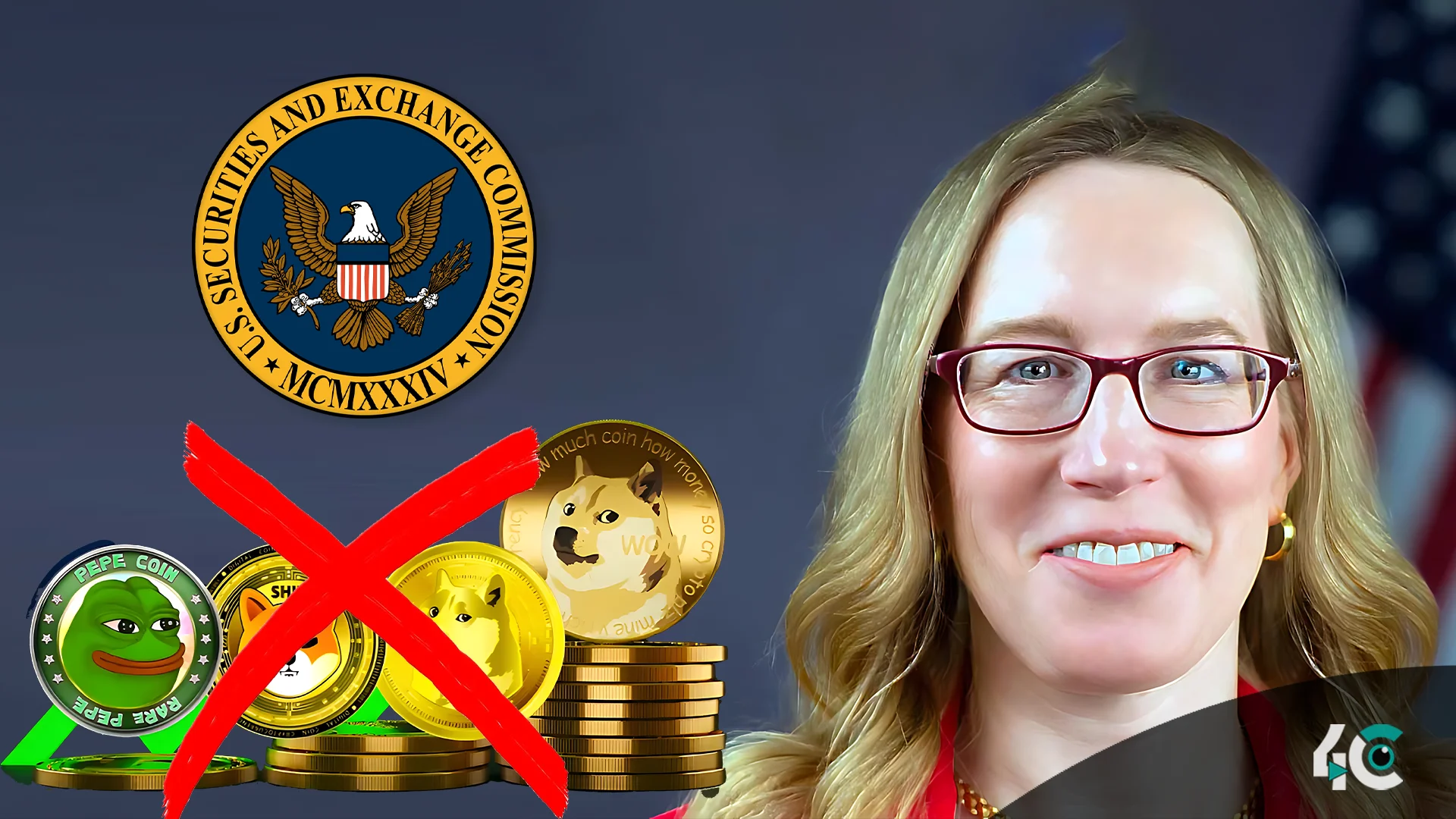According to Commissioner Hester Peirce, the US Securities and Exchange Commission (SEC) does not oversee memecoins like the TRUMP token. Despite the token’s precipitous price drop, which has resulted in investor losses of $2 billion, Peirce reiterated that these digital assets do not fall under the SEC’s regulatory framework.
In a recent interview, Peirce expressed concerns about memecoins’ growing influence and potential for financial damage. She pointed out that, while the SEC regulates traditional securities, many memecoins do not fit the requirements for registration under current legislation. As a result, any possible control would have to come from Congress or another regulatory agency.
Massive investor losses as the TRUMP token crashes
The TRUMP memecoin, which debuted on January 17, saw a quick rally, reaching a high of $72.60 just two days later. However, the token has now fallen by about 80%, decreasing its market worth from $14.5 billion to around $3 billion. According to data from blockchain analytics firms, the token’s precipitous decrease caused around 813,000 wallets to lose $2 billion in total.
Despite the losses incurred by investors, reports indicate that the Trump Organization and its related partners earned approximately $100 million in transaction fees from the token’s trading activity.
Are memecoins securities or collectibles?
The debate over whether memecoins should be classified as securities or speculative collectibles is intensifying. Industry analysts claim that, unlike Bitcoin and Ethereum, which are supported by technological innovation and decentralized networks, memecoins get their value solely from internet trends, social media excitement, and celebrity endorsements.
Some observers have seen parallels between the current memecoin mania and other cryptocurrency phenomena, such as the ICO boom and the growth of non-fungible tokens (NFTs). According to macro investor Lyn Alden, the market is experiencing the same kind of speculation that has characterized earlier digital asset cycles.
Nate Geraci, President of ETF Store, shared this sentiment, claiming that memecoins serve more as collectibles than typical financial products.
Regulatory uncertainty remains.
While Peirce argued that the SEC is not the appropriate institution to oversee memecoins, she did acknowledge that other government organizations may step in if required. She noted that if Congress wishes to impose new restrictions on memecoins, it has the ability to do so, and the Commodity Futures Trading Commission (CFTC) may potentially have a role in monitoring these assets.
Memecoins are currently mostly unregulated, forcing investors to manage the hazards of these speculative digital assets on their own.































